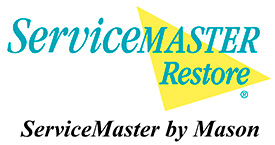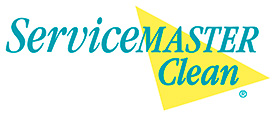
We have a saying in New England, “if you don’t like the weather, wait 5 minutes, it’ll change.” But as the seemingly endless spring showers continue, home owners are concerned about the potential for spring flooding and costly water damage. Many of whom have experienced flooding to basements and other areas of their home multiple times throughout the stormy winter and spring.
HOW TO MINIMUM WATER DAMAGE TO YOUR PROPERTY
When water seeps into your home, it can cause hundreds-to-thousands of dollars of damage to your belongings, building materials, and even your foundation. And mold can begin to grow in as little as 24-hours after water damage or excessive humidity occurs. There are measures you can take to minimize the risk of spring flooding:
NOT ALL WATER REMOVAL IS A DIY SITUATION
While it’s tempting to immediately reach for towels and a multi-use vacuum to remove water that has seeped into our home, not all water cleanup situations are DIY. The different sources of water damage, from flooding concerns to leaky appliances and hoses to sump pump and sewer backups are defined as Category I, II and III, with various health and safety concerns at each level. It’s important for home owners to understand that not all items coming into contact with Category II or III water can be salvaged, additional cleaning agents may need to be applied to sanitize and disinfect items, and proper Personal Protective Equipment (PPE) should be utilized.
Category 1 Water: Originates from a sanitary source. While this does include melting ice, snow and falling rain that doesn’t contain contaminants, once the clean water leaves the exit point, it may not remain clean as it comes into contact with other surfaces or materials in your home.
Category 2 Water: This can include flood damage caused by sump pump failures, broken aquariums and overflows from washing machines, and can contain significant contaminants and organisms. Category II water can even cause illness when it comes in contact with broken skin or is consumed.
Category 3 Water: Ground surface water and rising water from rivers or streams, or wind-driven rain from storms, hurricanes or other weather-related events are examples of Category III water, which can contain pathogens and toxins, and is grossly contaminated.
WHY PROFESSIONALS MAY BE NEEDED FOR WATER DAMAGE CLEANUP
Simply running a few fans won’t resolve your water concerns. Concrete floors, drywall, insulation and other items in your home are porous and will trap water until properly removed. Mitigation experts will have the appropriate equipment for various types of water damage, commercial-grade products and knowledge to properly mitigate water affecting a variety of floors, building materials and belongings. Fast action is necessary to prevent further water damage such as carpet delamination, warping of wood floors, drywall damage, foul odors, and harmful mold growth.
If your home or business experiences water damage due to flooding, ServiceMaster By Mason is available 24/7 to help with extracting standing water, drying, water mitigation, mold remediation and carpet, floor and upholstery cleaning. Our certified technicians have extensive knowledge of how water can damage various structural surfaces and materials in homes, and the proper process to reduce overall severity and restore homes and belongings.




